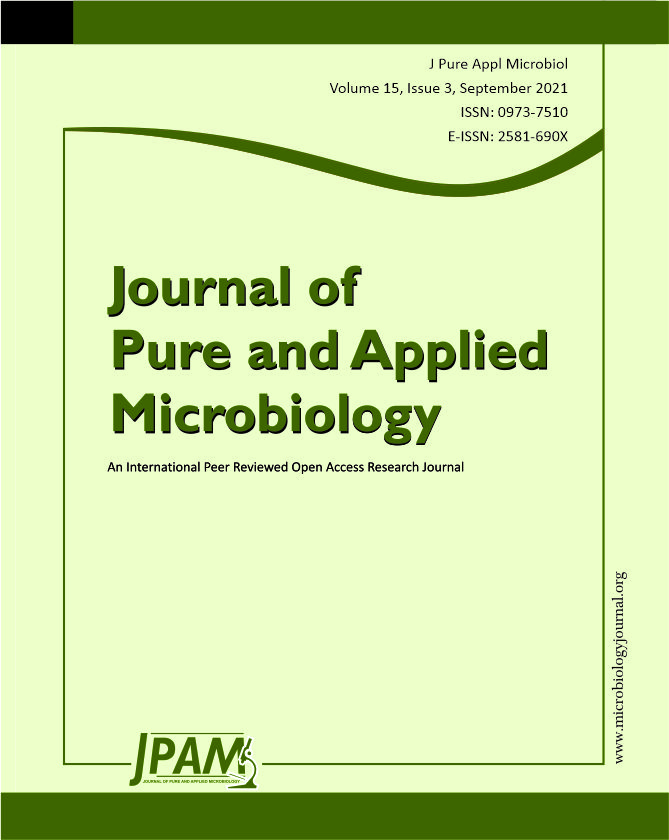Food handlers often act as an important vehicle for the transmission of microorganisms responsible for causing foodborne illness, which pose as a major public health problem of global concern. Poor hygiene while preparation of food is a major source of illness caused by pathogenic microbes. This study was done for a period of 2 months after approval from the Institutional Ethical Committee. The study population included food handlers working in canteens of various hospitals in Solapur. Swabs from hands, nose and fingernail specimens were collected and inoculated on bacteriological culture media and identification was done using standard protocols. Data was collected using a structured questionnaire to evaluate the socio-demographic status and self-hygiene practices followed by the food handlers. Data were analyzed using an appropriate statistical test. All the people involved in food handling including the cook, server and cleaner were included after a written informed consent. The sample size was 45 food handlers. From the 45 food handlers which were included in the study there were 20 cooks (44.44%), 14 servers (31.11%) and 11 cleaners (24.45%) Out of these 45 food handlers 22 (49% ) were males and 23 (51%) were females. Knowledge about basic health education was seen in 73.33% of the subjects, while only 18% were sensitized to hand washing, 22.22% had annual health examination, 35.5% wore finger ornaments. Of 45 food handlers 69% had trimmed fingernails, 73.3% washed their hands regularly. However, no association was found between these factors and hand contamination. This may be because none of the food handlers used soap or hand sanitizer to clean their hands. They used plain water to wash their hands. Food handlers act as an important source in transmission of foodborne illnesses therefore it is necessary to sensitize and create awareness amongst them about the importance of hand hygiene.
Hand hygiene, food handlers, annual health examination, food borne illness
© The Author(s) 2021. Open Access. This article is distributed under the terms of the Creative Commons Attribution 4.0 International License which permits unrestricted use, sharing, distribution, and reproduction in any medium, provided you give appropriate credit to the original author(s) and the source, provide a link to the Creative Commons license, and indicate if changes were made.


